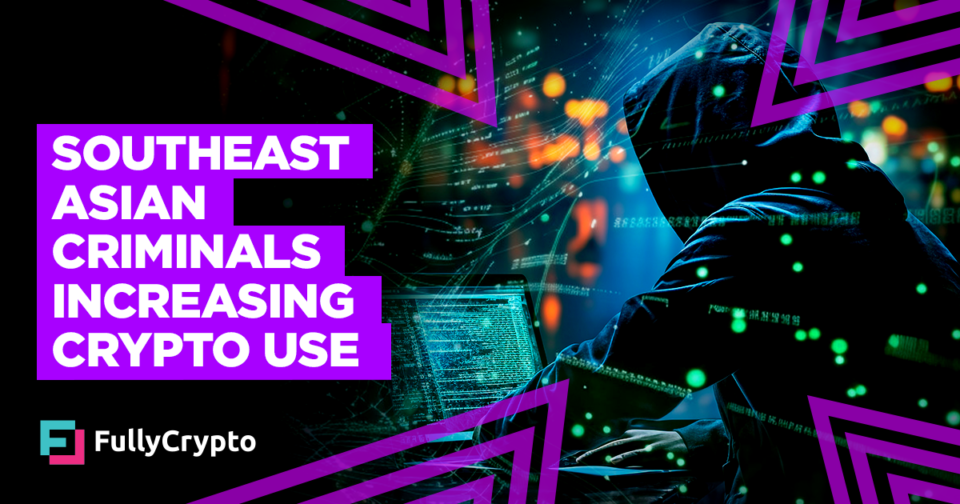By Mark Hunter
1 day agoWed Oct 09 2024 10:22:09
Reading Time: 2 minutes
- Organized crime groups in Southeast Asia are increasingly relying on cryptocurrency for money laundering, according to the United Nations
- The United Nations Office on Drugs and Crime says that high-risk virtual asset service providers (VASPs) in the region have been pivotal in servicing criminal enterprises
- Governments are struggling to regulate the rapid growth of crypto-related crimes, driven by transnational crime syndicates
Transnational crime syndicates in Southeast Asia have ramped up their use of cryptocurrencies for illicit activities, according to a new report. According to The United Nations Office on Drugs and Crime (UNODC), criminal groups, particularly in regions like the Mekong, have taken advantage of high-risk virtual asset service providers (VASPs) to launder billions of dollars annually. Despite government efforts to regulate, the cryptocurrency-driven underground economy is expanding rapidly, adding to the challenges of combatting cybercrime, fraud, and organized crime in the region.
Cryptocurrency in Criminal Enterprises
UNDOC’s claims come through a new report, ‘Transnational Organized Crime and the Convergence of Cyber-Enabled Fraud, Underground Banking and Technological Innovation in Southeast Asia: A Shifting Threat Landscape’, in which they allege that the use of cryptocurrency by organized crime groups in Southeast Asia has skyrocketed, particularly in regions like Cambodia, Laos, and Myanmar.
UNODC reports that crime syndicates are turning to underregulated VASPs to launder the proceeds of drug trafficking, human trafficking, and cyber-enabled fraud. According to the report, these VASPs, often operating in areas with limited regulatory oversight, have become a vital part of the transnational criminal ecosystem. The organisation recently reported on the increased use of USDT for criminal operations.
“The boom of cryptocurrencies, combined with the rise of high-risk VASPs, has created a perfect storm for organized crime,” said a regional security expert. “It allows for fast, cross-border transactions that are nearly impossible to trace, making law enforcement’s job much harder.”
High-Risk Providers Fuel Crime
The report highlights that VASPs play a critical role in enabling criminal networks to move illicit funds undetected. In particular, the Mekong region has become a hub for unregulated VASPs, allowing criminal groups to obscure the origins of stolen funds. “Criminals are taking advantage of these providers to engage in everything from money laundering to cybercrime,” the report warns.
This rapid growth of the crypto-crime economy has not only increased financial losses but also challenged regulatory agencies across the region. In 2023 alone, the financial impact of cybercrime in Southeast Asia was estimated to be between $18 billion and $37 billion, with much of the proceeds flowing through cryptocurrency channels.
Governments Struggling to Respond
Efforts to curb the use of cryptocurrency in criminal enterprises have had limited success. While several countries in Southeast Asia have tightened regulations, criminal groups have shifted operations to areas with weaker controls. “The regulatory gaps are being exploited, and organized crime is constantly adapting,” added a law enforcement officer.
Despite these challenges, experts agree that without stronger oversight of VASPs, Southeast Asia will remain a hotbed for crypto-driven crime. The UNODC report emphasizes the need for enhanced international cooperation to close loopholes and curb the misuse of digital currencies in the region.



